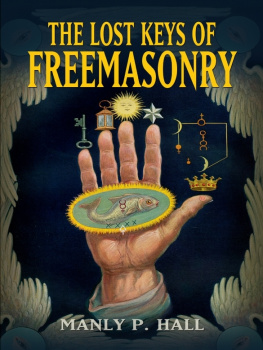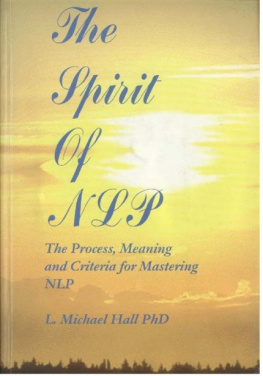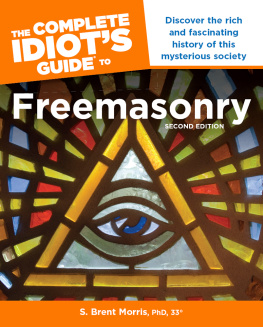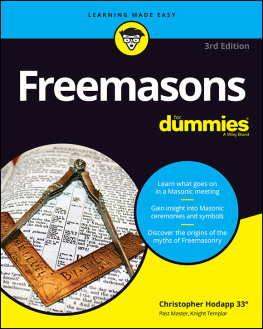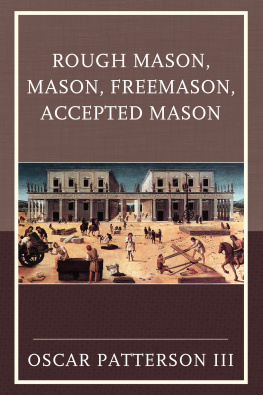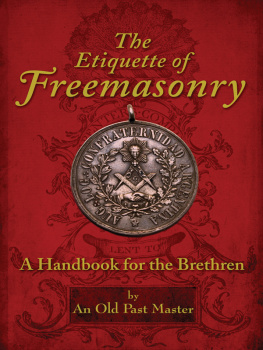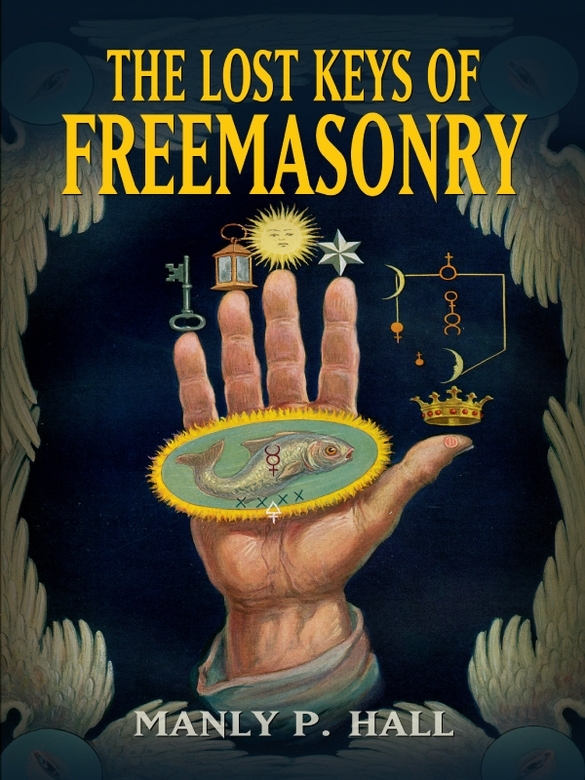EPILOGUE
THE PRIEST OF RA
W HAT words are there in modern language to describe the great temple of Ammon Ra? It now stands amidst the sands of Egypt a pile of broken ruins, but in the heyday of its glory it rose a forest of plumed pillars holding up roofs of solid sandstone, carved by hands long laid to rest into friezes of lotus blossoms and papyrus and colored lifelike by pigments the secrets of which were lost with the civilization that discovered them.
A checkerboard floor of black and white blocks stretched out until it was lost among the wilderness of pillars. From the massive walls the impassive faces of gods unnamed looked down upon the silent files of priests who kept alight the altar fires, whose feeble glow alone alighted the massive chambers throughout the darkness of an Egyptian night. It was a weird, impressive scene, and the flickering lights sent strange, ghostly forms scurrying among the piles of granite which rose like mighty altars from the darkness below to be lost in the shadows above.
Suddenly a figure emerged from the shadows, carrying in his hand a small oil lamp which pierced the darkness like some distant star, bringing into strange relief the figure of him who bore it. He appeared to be old, for his long beard and braided hair were quite gray, but his large black eyes shone with a fire seldom seen even in youth. He was robed from head to foot in blue and gold, and around his forehead was coiled a snake of precious metal, set with jewelled eyes that gave out flashes of light. Never had the light of Ras chamber shone on a grander head or a form more powerful than that of the high priest of the temple. He was the mouthpiece of the gods and the sacred wisdom of ancient Egypt was impressed in fiery letters upon his soul. As he crossed the great roomin one hand the sceptre of the priestcraft, in the other the tiny lamphe was more like a spirit visitor from beyond the environs of death than a physical being, for his jewelled sandals made no sound and the sheen from his robes formed a halo of light around his stately form.
Down through the silent passageways, lined with their massive pillars, passed the phantom figuredown steps lined with kneeling sphinxes and through avenues of crouching lions the priest picked his way until at last he reached a vaulted chamber whose marble floor bore strange designs traced in some language long forgotten. Each angle of the many-sided and dimly-lighted room was filled by a seated figure carved in stone, so massive that its head and shoulders were lost in shadows no eye could pierce.
In the center of this mystic chamber stood a great chest of some black stone carved with serpents and strange winged dragons. The lid was a solid slab, weighing hundreds of pounds, without handle of any kind and apparently no means of opening it without some herculean power.
The high priest leaned over and from the lamp he carried lighted the fire upon an altar that stood near, sending the shadows of that weird chamber scurrying into the most distant corners. As the flame rose, it was reflected from the great stone faces above, which seemed to stare at the black coffer in the center of the room with their strange, sightless eyes.
Raising his serpent-wound staff and facing the chest of sombre marble, the priest called out in a voice that echoed and re-echoed from every nook and cranny of the ancient temple:
Aradamas, come forth!
Then a strange thing happened. The heavy slab that formed the cover of the great coffer slowly raised as though lifted by unseen hands and there emerged from its dark recesses a slim, white-clad figure with his forearms crossed on his breastthe figure of a man perhaps thirty years old, his long, black hair hanging down upon his white-robed shoulders in strange contrast to the seamless garment that he wore. His face, devoid of emotion, was as handsome and serene as the great face of Ammon Ra himself that gazed down upon the scene. Silently Aradamas stepped from the ancient tomb and advanced slowly toward the high priest. When about ten paces from the earthly representative of the gods, he paused, unfolded his arms, and extended them across his chest in salutation. In one hand he carried a cross with a ring as the upper arm and this he proffered to the priest. Aradamas stood in silence as the high priest, raising his sceptre to one of the great stone figures, addressed an invocation to the Sun-God of the universe. This finished, he then addressed the youthful figure as follows:
Aradamas, you seek to know the mystery of creation, you ask that the divine illumination of the Thrice-Greatest and the wisdom that for ages has been the one gift the gods would shower upon mankind, be entrusted to you. Little you understand of the thing you ask, but those who know have said that he who proves worthy may receive the truth. Therefore, stand you here today to prove your divine birthright to the teaching that you ask.
The priest pronounced these words slowly and solemnly and then pointed with his sceptre to a great dim archway surmounted by a winged globe of gleaming gold.
Before thee, up those steps and through those passageways, lies the path that leads to the eye of judgment and the feet of Ammon Ra. Go, and if thy heart be pure, as pure as the garment that thou wearest, and if thy motive be unselfish, thy feet shall not stumble and thy being shall be filled with light. But remember that Typhon and his hosts of death lurk in every shadow and that death is the result of failure.
Aradamas turned and again folded his arms over his breast in the sign of the cross. As he walked slowly through the somber arch, the shadows of the great Unknown closed over him who had dedicated his life to the search for the Eternal. The priest watched him until he was lost to sight among the massive pillars beyond the silent span that divided the living from the dead. Then slowly falling on his knees before the gigantic statue of Ra and raising his eyes to the shadows that through the long night concealed the face of the Sun-God, he prayed that the youth might pass from the darkness of the temple pillars to the light he sought.
It seemed that for a second a glow played around the face of the enormous statue and a strange hush of peace filled the ancient temple. The high priest sensed this, for rising, he relighted his lamp and walked slowly away. His beacon of light shone fainter and fainter in the distance, and finally was lost to view among the papyrus blooms of the temple pillars. All that remained was the dying flames on the altar, which sent strange flickering glows over the great stone coffer and the twelve judges of the Egyptian dead.
In the meantime, Aradamas, his hands still crossed on his breast, walked slowly onward and upward until the last ray from the burning altar fire was lost to view among the shadows far behind. Through years of purification he had prepared himself for the great ordeal, and with a purified body and a balanced mind, he wended his way in and out among the pillars that loomed about him. As he walked along, there seemed to radiate from his being a faint golden glow which illuminated the pillars as he passed them. He seemed a ghostly form amid a grove of ancient trees.
Suddenly the pillars widened out to form another vaulted room, dimly lit by a reddish haze. As Aradamas proceeded, there appeared around him swirling wisps of this scarlet light. First they appeared as swiftly moving clouds, but slowly they took form, and strange misty figures in flowing draperies hovered in the air and held out long swaying arms to stay his progress. Wraiths of ruddy mist hovered about him and whispered soft words into his ears, while weird music, like the voice of the storm and the cries of night birds, resounded through the lofty halls. Still Aradamas walked on calm and masterful, his fine, spiritual face outlined by his raven locks in strange contrast to the sinuous forms that gathered around and tried to lure him from his purpose. Unmindful of strange forms that beckoned from ghostly archways and the pleading of soft voices, he passed steadily on his way with but one thought in his mind:

